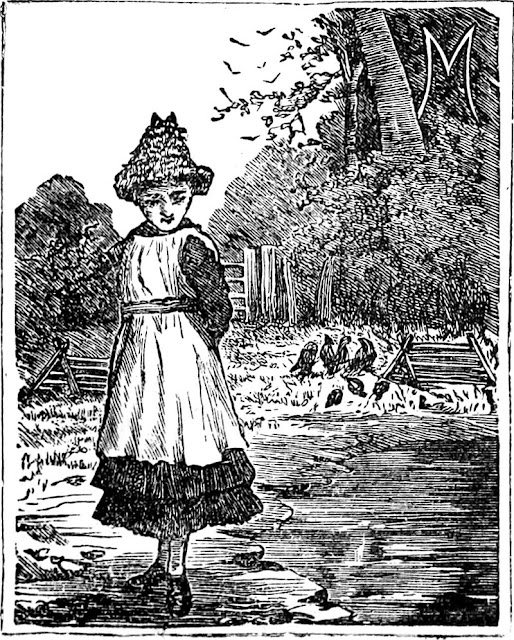By Simonetta Carr - Posted at Place for Truth:
Many of us have heard the story of the sixteen-year-old girl who walked 25 miles to buy a Bible with the money she had saved while doing chores. That girl was Mary Jones, and her destination was a church at Bala, Wales, where a shipment of Welsh Bibles had just arrived. Mary’s story has been repeated several times, sometimes embellished by additional details.While walking miles was not entirely unusual in her day, Mary’s burning desire to own a Bible and her persistence in achieving her goal was so impressive that it inspired the birth of the Bible Society both in Wales and in the rest of the world.
Mary’s Youth and Schooling
Mary Jones was born in 1784 at Tyn-y-ddôl, Wales, to a couple of weavers: James and Mary (Molly), both early members of the Calvinistic Methodist church in the village of Abergynolwyn, two miles from their home. When James died, Molly raised young Mary on her own. The girl’s interest in the Bible was evident from an early age.
At the age of ten, Mary attended a newly-founded “circulating school” (day-school) in Abergynolwyn. The school’s founder was Thomas Charles, a forty-year-old preacher whose life had been turned around after hearing a sermon by the revivalist Daniel Rowland[1].
The concept of “circulating schools” was not completely new. First started by the Welsh minister Griffith Jones as a way to bring education to rural areas, it was continued by Madam Bridget Bevan. At her death in 1777, however, her will was disputed and the schools were halted until the funds could be properly released.
Even then, however, the schools were mostly in the south of Wales, and Charles brought them to the north. He also trained the necessary schoolmasters. After 1789, following the example of the philanthropist Robert Raikes, he endeavored to establish Sunday schools.
